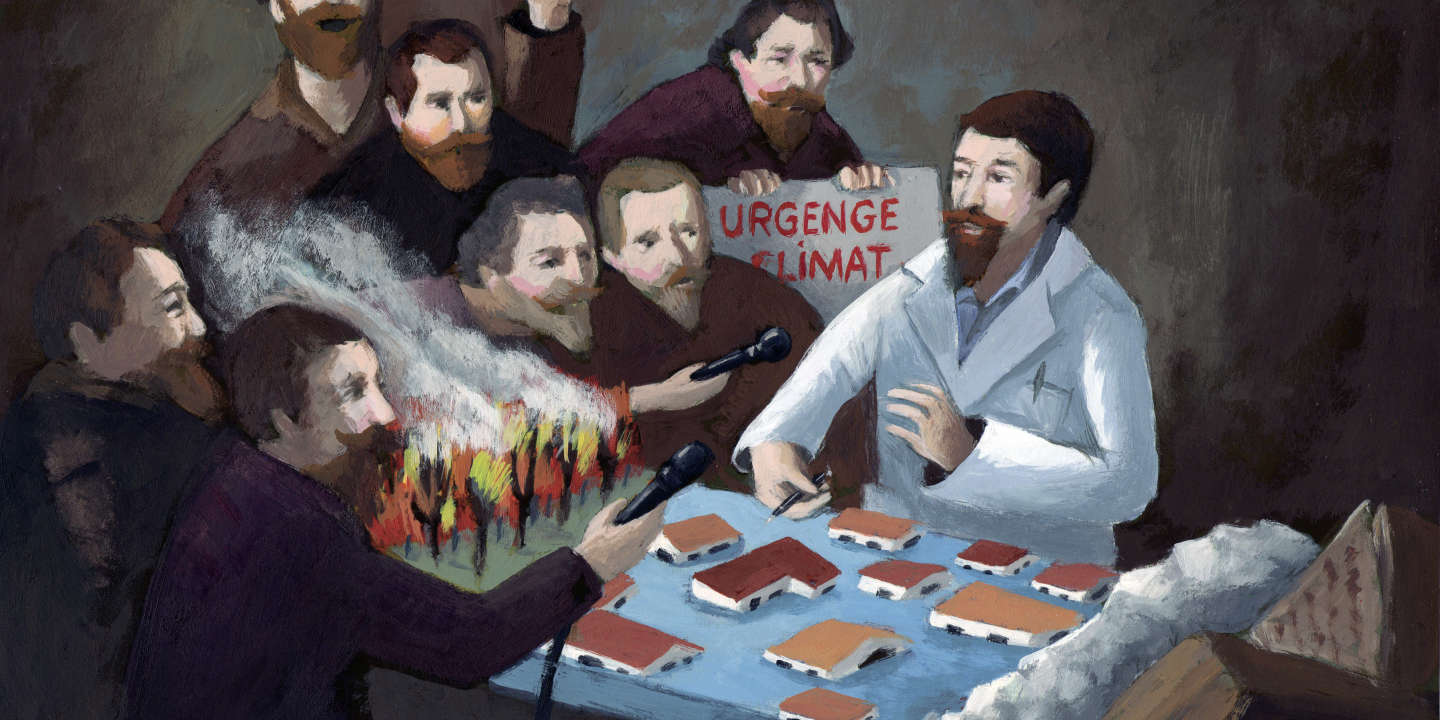Facebook to Ditch Fact-checking: What Do Researchers Think?
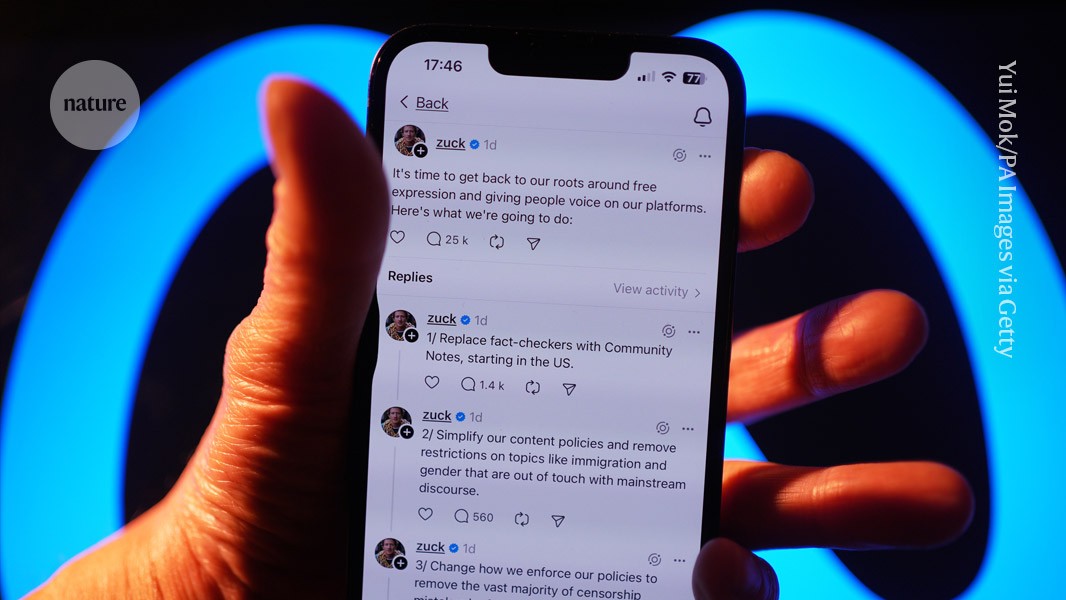
Send us a link

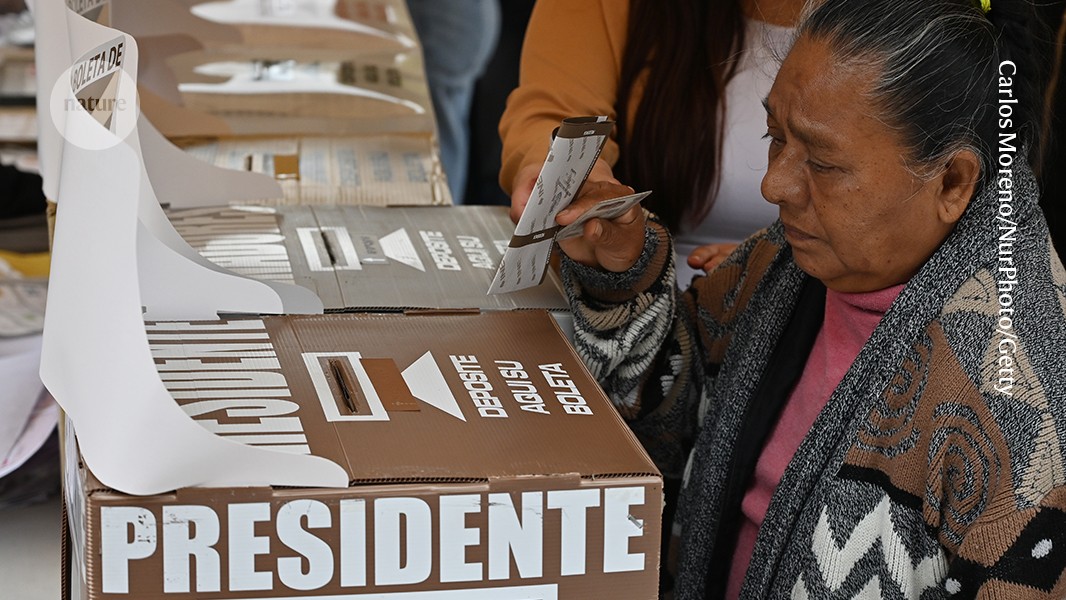
Less than 1% of Twitter users posted 80% of misinformation about the 2020 U.S. presidential election
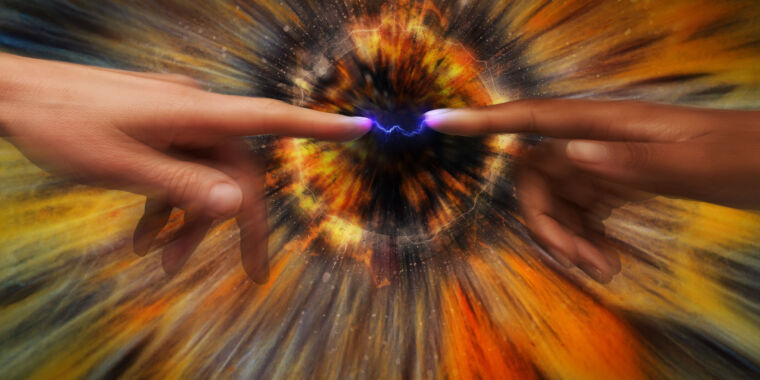
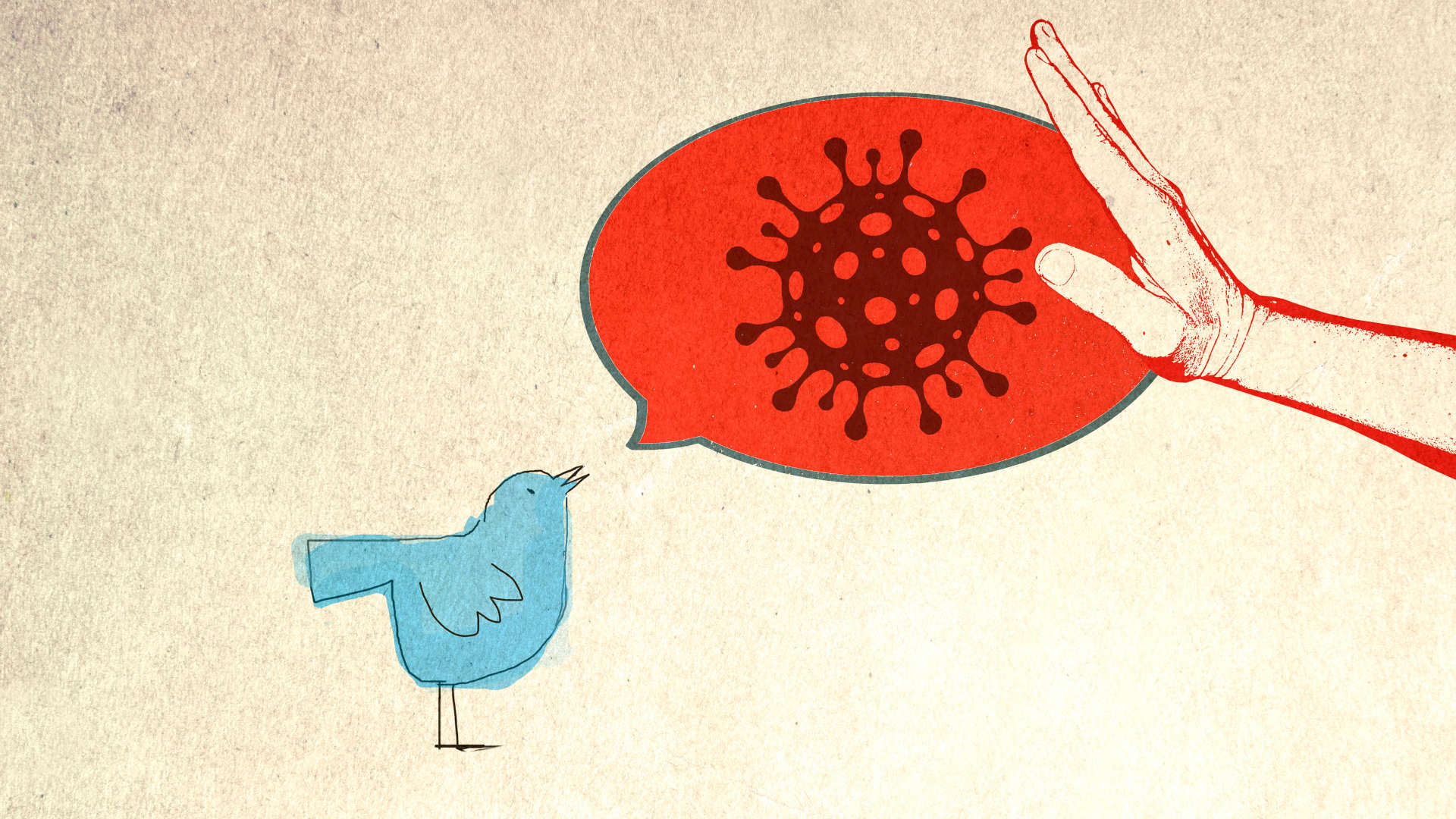
During the coronavirus disease 2019 pandemic, Facebook began to remove vaccine misinformation as a matter of policy. This study evaluated the efficacy of these policies using a comparative interrupted time-series design.
Science misinformation have significant public policy repercussions. Artificial intelligence-based methods of altering videos and photos (deepfakes) lower the barriers to the mass creation and dissemination of realistic, manipulated digital content.
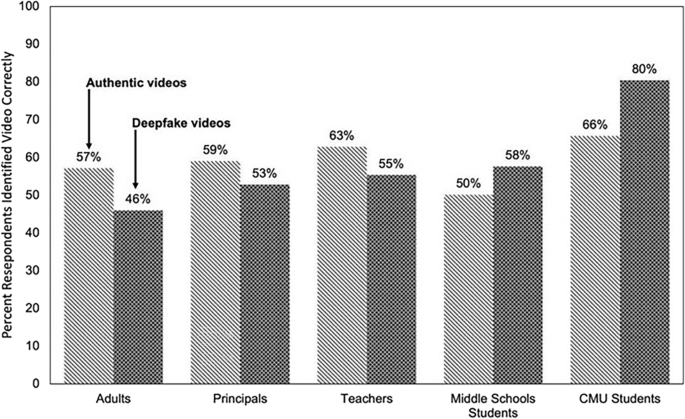
What has been the impact of fake news on votes for populist parties in recent elections?
Cosmologist Katie Mack shares tips for spotting and combating physics falsehoods online.
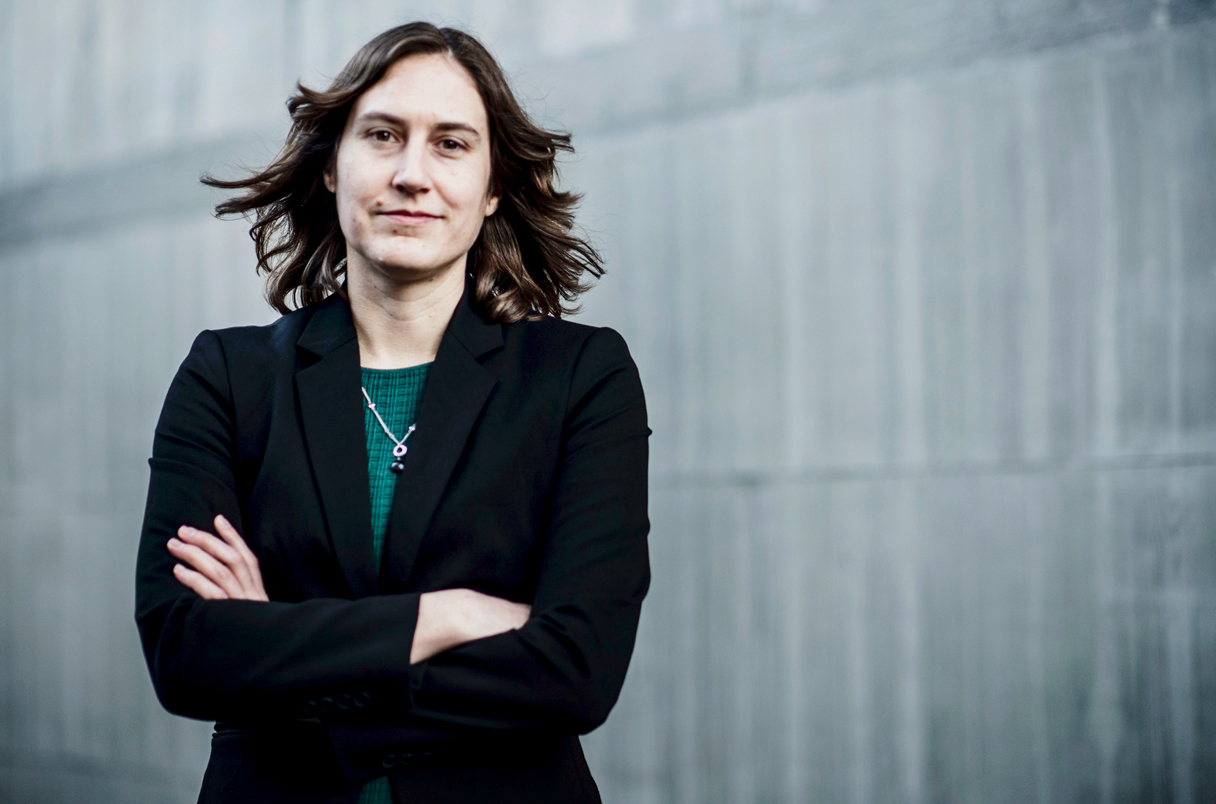
I can't see them. Therefore they're not real." From which century was this quote drawn? Not a medieval one. The utterance emerged in February 2019 from Fox & Friends presenter Pete Hegseth, who was referring to … germs.

Nearly a year into the pandemic, Facebook now aims to take down misinformation on vaccines overall - not just COVID-19 vaccines.
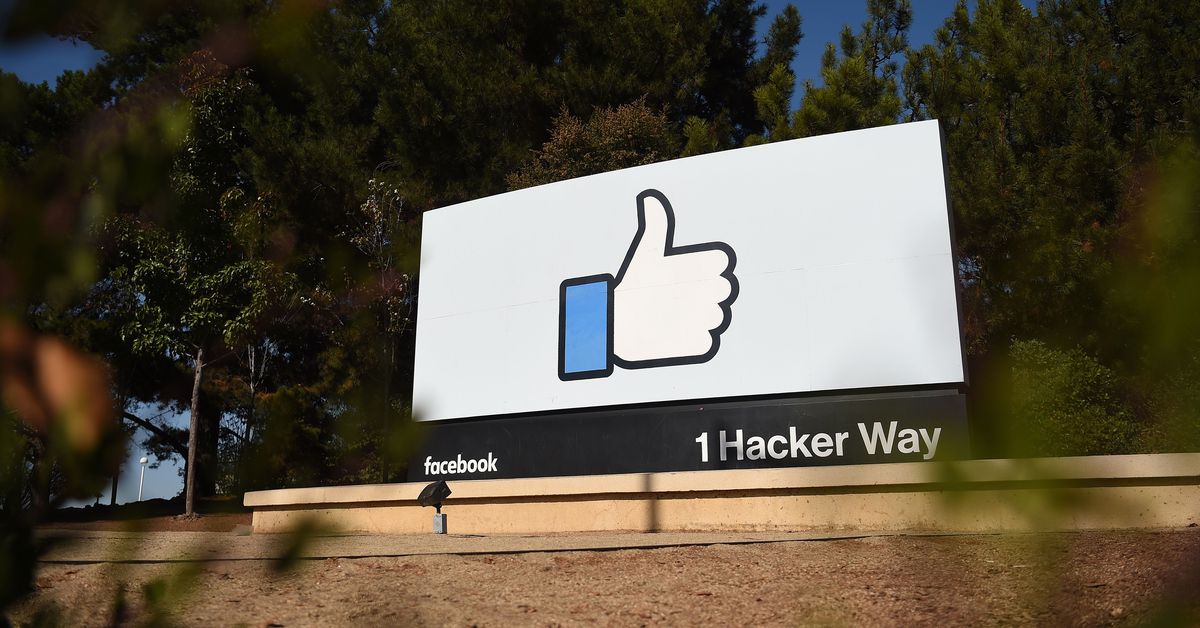
Cambridge University study also suggests older people less likely to believe coronavirus misinformation.
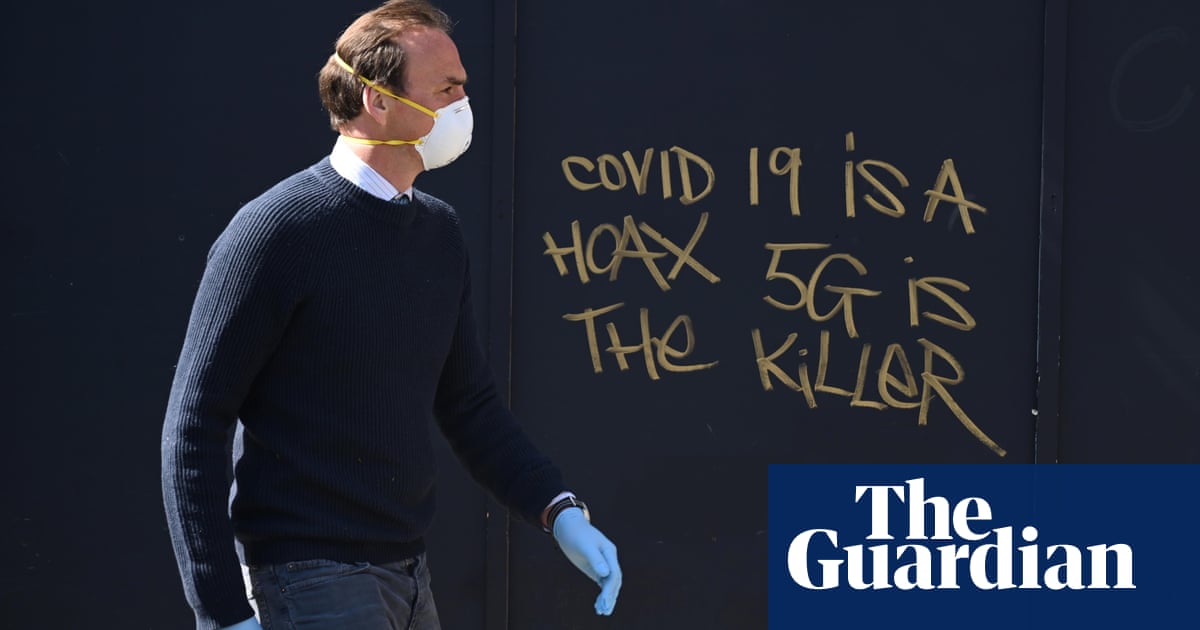
Why is it that while the most vital, and most rigorously tested, information is often locked up behind a paywall, yet falsehoods are readily available?
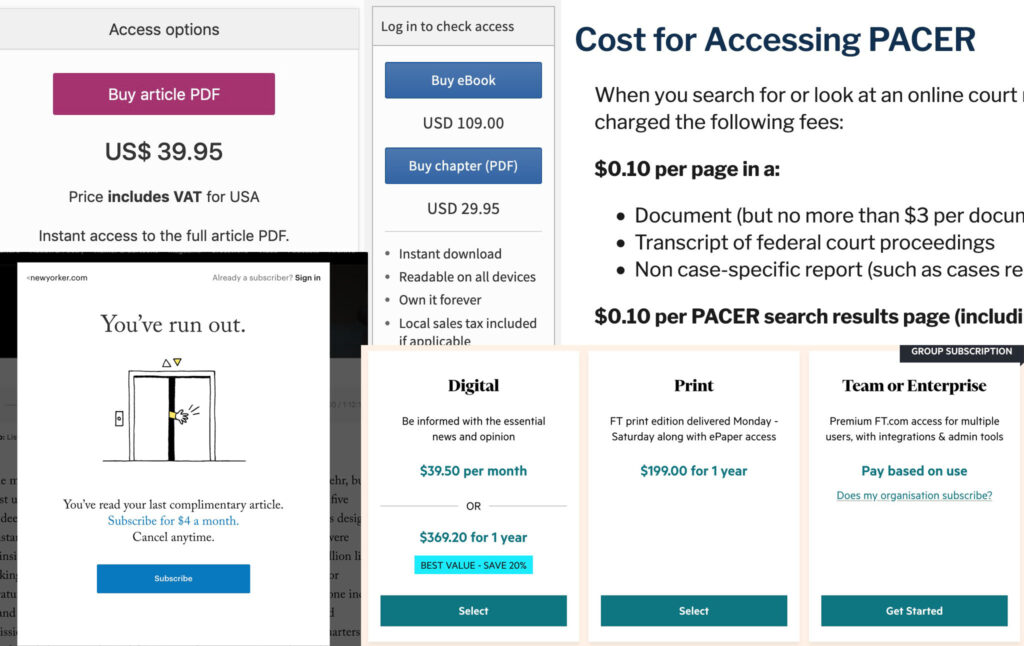
Nearly half of the Twitter accounts spreading messages on the social media platform about the coronavirus pandemic are likely bots, researchers at Carnegie Mellon University said.
With help from Fox News and Elon Musk, a misleading French study prompted a wave of misinformation that made its way to the president
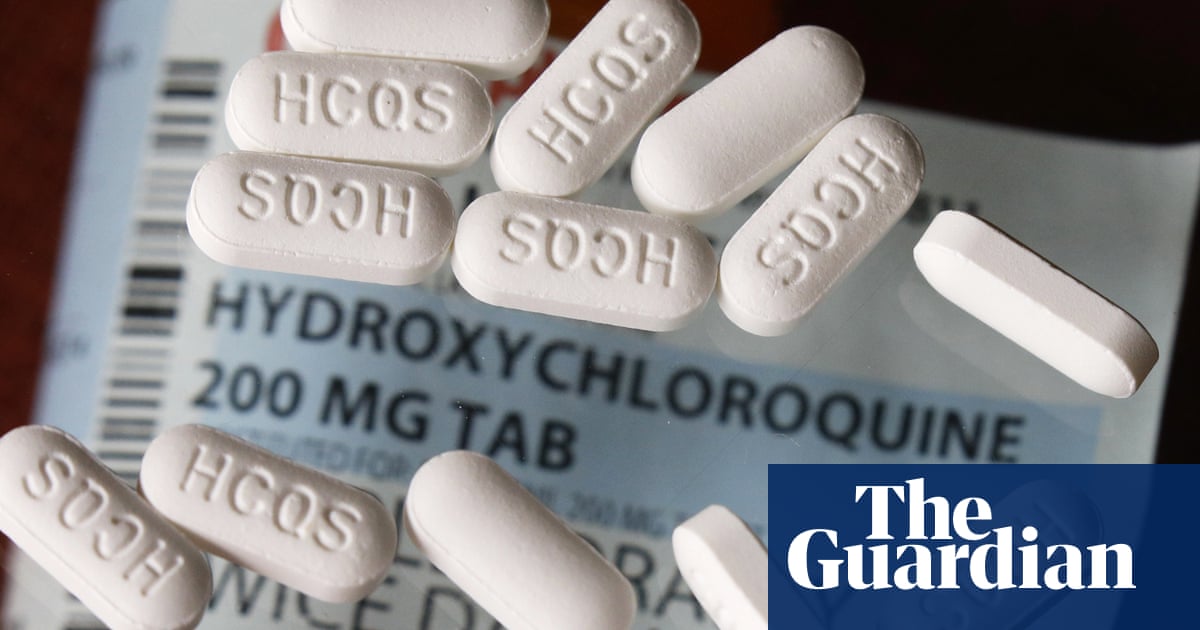
Ils signent pétitions et tribunes pour alerter sur le réchauffement climatique et la dégradation de la biodiversité, pourtant, leur incursion dans le débat public n'a rien d'évident. A l'heure des " fake news ", la communauté scientifique questionne le bien-fondé de son engagement.
